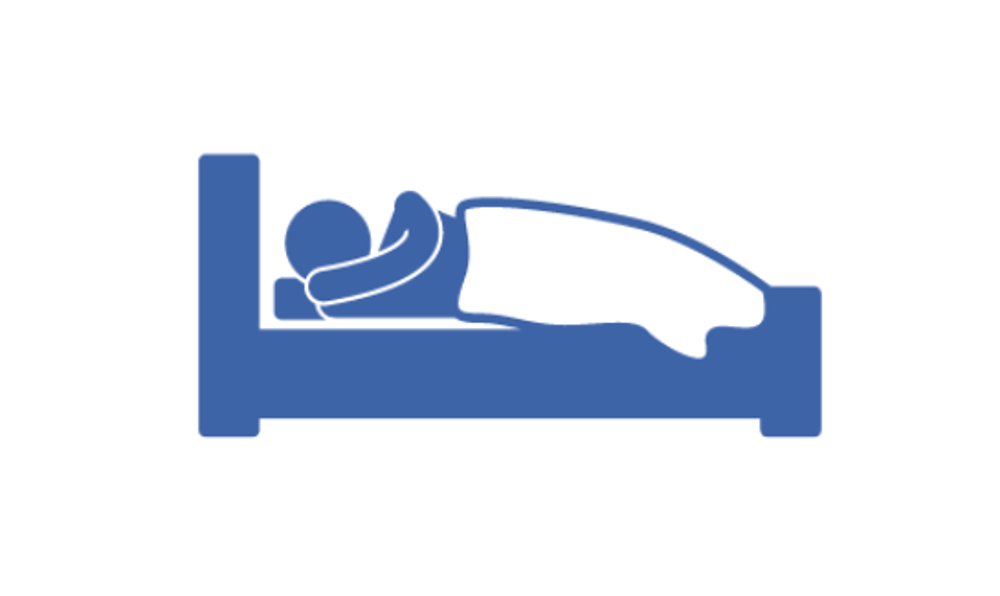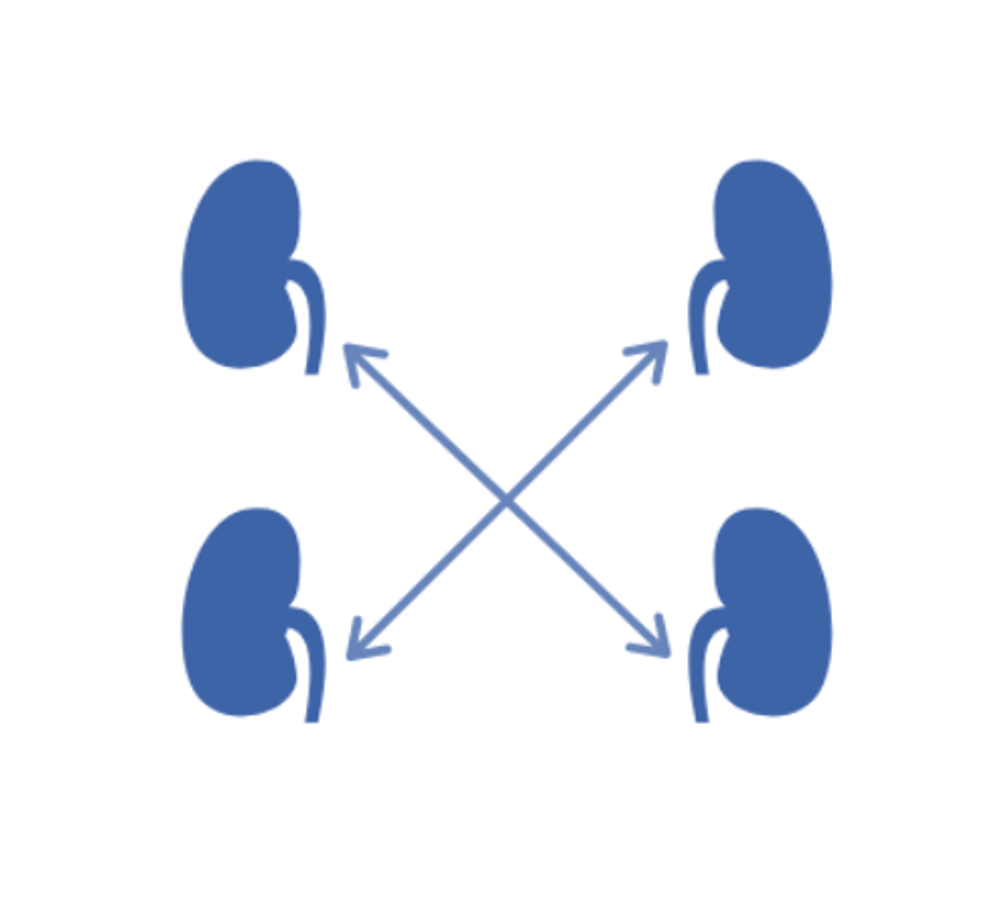Your Questions Answered
Asking for a kidney is a big deal. So is giving one. We want to make sure that you feel informed about the process and secure with your decision before you register. Below are some FAQs with resources to learn more.

Is the living donor procedure safe?
The procedure to remove a kidney for donation, called a nephrectomy, is very safe. Strong Memorial Hospital is one of the top hospitals in the country for kidney donor surgery and has one of the best surgery teams in the Northeast. More than 100 kidney transplants are performed each year by their Transplant Center.

Is the procedure painful?
At Strong Memorial, the kidney is removed using laparoscopic or robotic surgical techniques. Both techniques are minimally-invasive and allow for a shorter hospital stay and quicker recovery time. You will also be given pain medication while you heal, making the whole experience relatively painless. The average hospital stay is 2-3 days, and most people fully recover within 4-6 weeks.

What are the criteria for eligibility?
There are three main criteria for being a direct match.
1. Healthy (Physically and mentally)
2. Blood Compatibility
3. Tissue Type (Pass Cross Match)
You will be given a dedicated living donor team to guide you through the process. During your clinic evaluation, you will have lab work done and meet with nurses, social workers, nephrologists, surgeons, donor advocates, and others, to assess your health and eligibility. To learn more about URMC’s process, visit their living donor page.

What if I’m not a match?
If you are eligible to donate but not a direct match, you can still be my donor! There are several ways to donate. The National Kidney Registry has a detailed overview of the options. The main three are:
Is a living donor transplant your only option?
The other treatments for kidney failure are dialysis and a deceased kidney donor transplant.
Dialysis therapy filters and purifies the blood using a machine. It is not ideal. In addition to the cumbersome nature of this treatment – most people are on it 3-4 days a week – it puts a lot of stress on the kidneys. Dialysis causes heart inflammation, anemia, blood pressure issues, and nerve damage, to name a few. It really isn’t a suitable replacement for a healthy well-functioning organ. For most, it is a temporary solution while they wait for a transplant.
A deceased donor kidney transplant is possible, but the wait list is long. It can take between 6-8 years to receive a call. A deceased donor kidney is also typically not as healthy as one from a living donor. This results in lesser health outcomes short- and long-term.
The best option is a living kidney donor transplant.
If I’ve tested positive for COVID-19 can I still be a donor?
It depends. The risk of acquiring COVID-19 from organ donation is low. Donated kidneys are screened for COVID-19. If a kidney tests positive for COVID-19, the organ cannot be used for transplantation.
Living donors are required to
be fully vaccinated, including those who have previously recovered from a
COVID-19 infection.

I don’t see my question listed here. What should I do?
Send us an email or contact URMC’s living donor team. There are also tons of resources online. Some are listed on our site here.
Kidney Donor 4 Mike Contact
Mike Cook
kidneydonor4mike@gmail.com
607-227-4998
URMC’s Transplant Coordinator
Deborah Van DeWater RN
585-275-1955, select option 1

I think I’m ready to donate! How do I register?
Great! Please visit How You Can Help and read the instructions on how to apply under the “Be My Living Donor” section. If you have any questions, please contact me or the donor coordinator.
You never have to tell me that you registered to be my donor. The process is 100% confidential, and you can decline to move forward at any time for any reason. It is your body, your choice, and your gift to give.
Thank you. ♥️